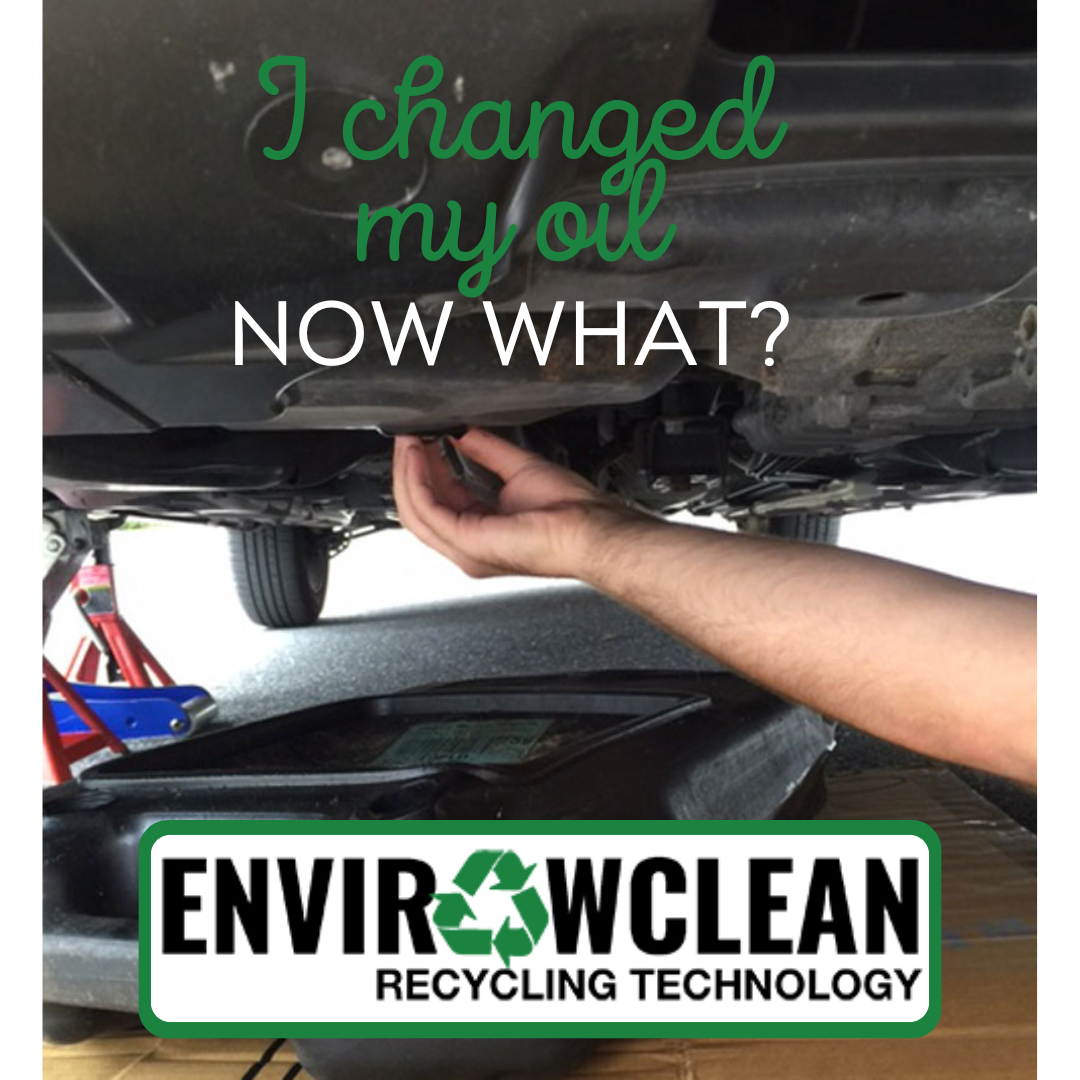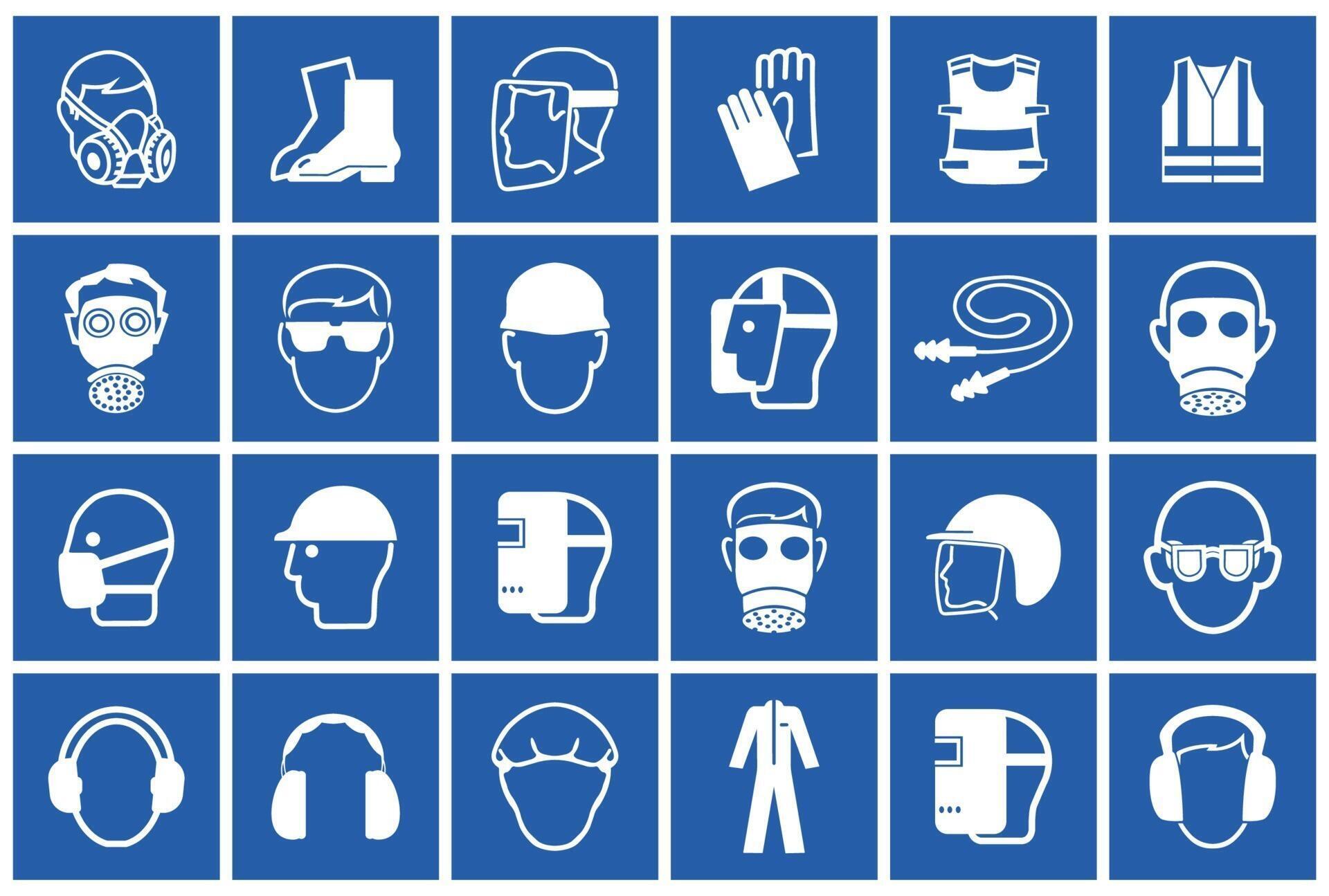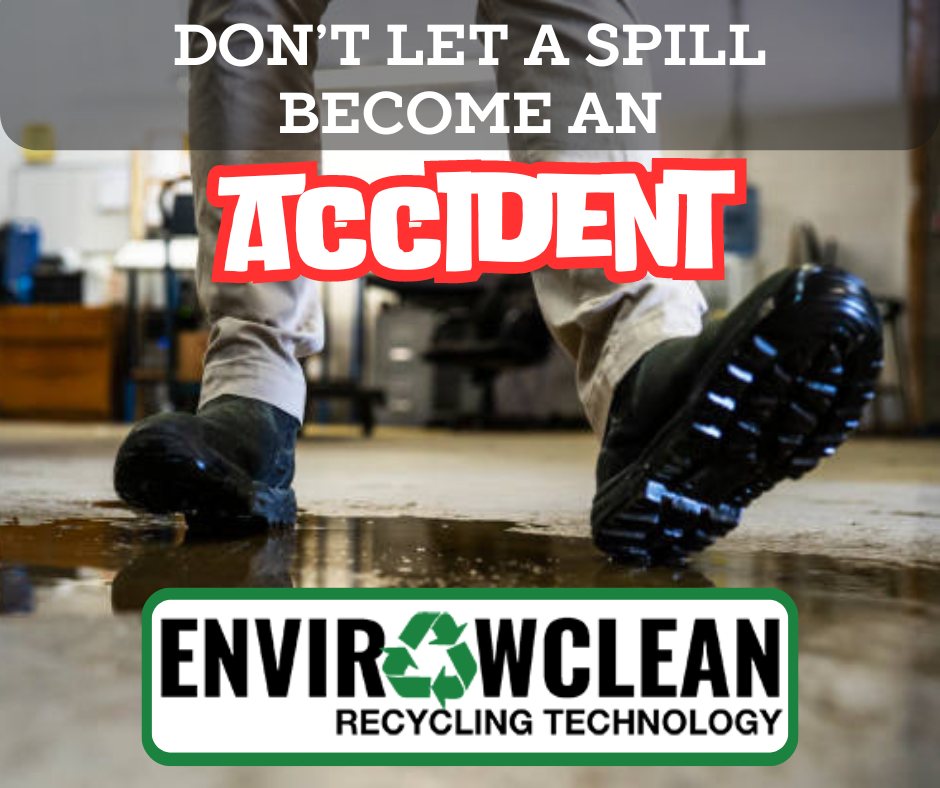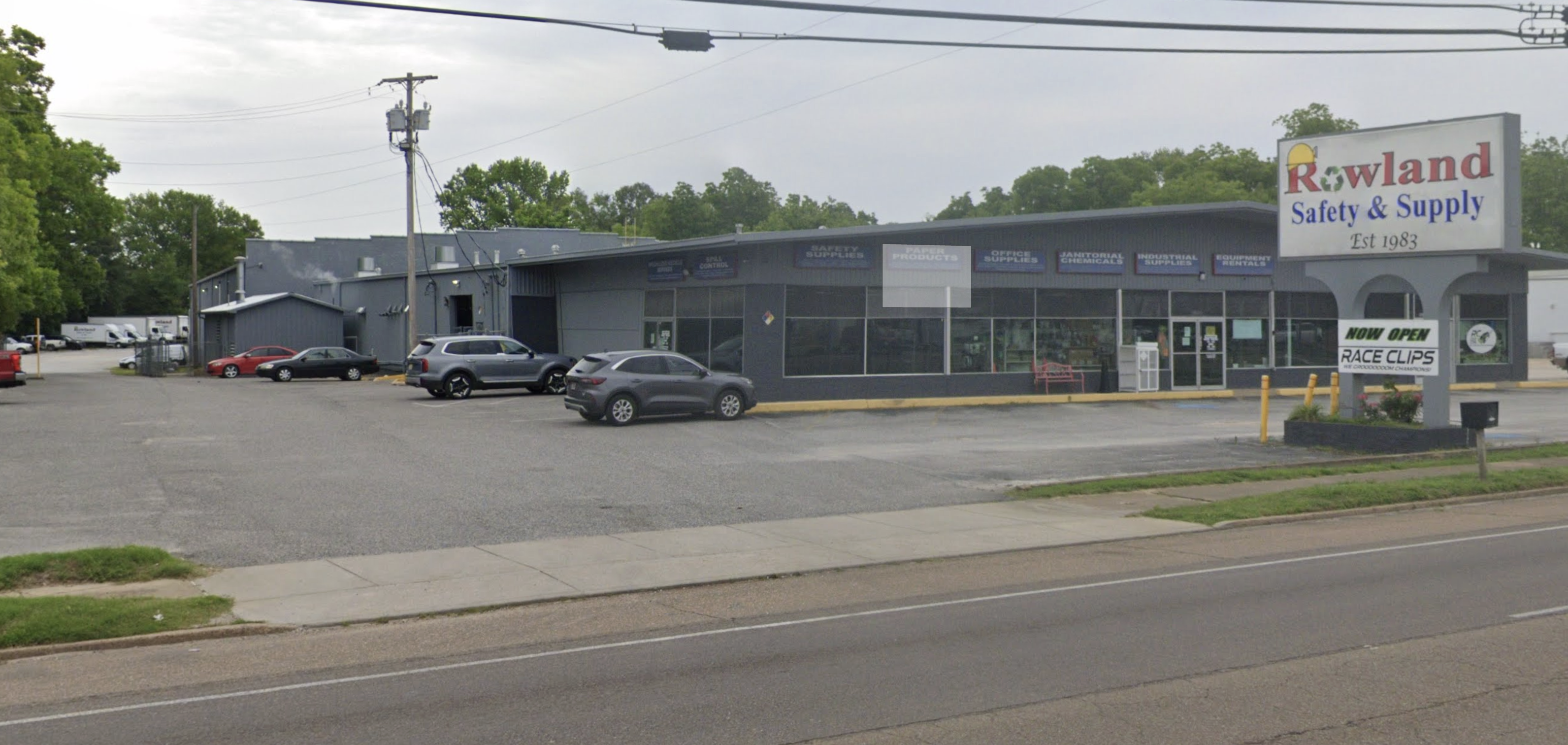In our Comprehensive Guide to Disposing of Used Oil Responsibly, we cover proper disposal of used oil and it’s critical role for environmental protection and maintaining public health. Disposing of oil incorrectly can lead to severe contamination of soil and water, harming wildlife and ecosystems. In this blog post, we’ll explore the importance of responsible oil disposal, how to find places to dispose of used oil, and ways to locate free disposal options.
Why Proper Oil Disposal is Essential
Used oil, whether from automotive engines, industrial machinery, or other sources, contains contaminants like heavy metals, toxic chemicals, and degraded additives. Improper disposal, such as dumping it on the ground or into a drain, can cause significant environmental damage and health risks. Key reasons to prioritize proper disposal include:
- Environmental Protection: Prevents pollution of soil and water bodies, safeguarding ecosystems and wildlife.
- Public Health: Reduces exposure to toxic substances that can cause serious health problems in humans.
- Legal Compliance: Helps comply with local, state, and federal regulations regarding hazardous waste management.
- Resource Conservation: Allows for recycling and reusing oil, reducing the demand for new oil and conserving natural resources.
How to Find Places to Dispose of Used Oil
Finding a suitable place to dispose of used oil can seem daunting, but there are several resources and strategies you can use:
1. Local Government Programs
Many municipalities and counties offer hazardous waste collection programs that accept used oil. These programs often have designated drop-off sites or periodic collection events.
- Contact Local Waste Management: Check your city or county’s website or contact the local waste management office to find out about disposal options for used oil.
- Household Hazardous Waste (HHW) Events: Many areas hold HHW events where residents can bring used oil and other hazardous materials for safe disposal.
2. Automotive Service Centers
Many automotive repair shops, oil change centers, and car dealerships accept used oil from the public, often for free or a nominal fee.
- Oil Change Centers: Places like Jiffy Lube, Midas, and local independent garages frequently accept used oil for recycling.
- Dealerships: Some car dealerships accept used oil as part of their commitment to environmental responsibility.
3. Retailers and Big Box Stores
Some retailers, including big box stores and home improvement centers, offer used oil collection services.
- Auto Parts Stores: National chains like AutoZone, O’Reilly Auto Parts, and Advance Auto Parts typically accept used motor oil for recycling.
- Home Improvement Stores: Stores like Home Depot and Lowe’s may also offer used oil disposal services in some locations.
4. Specialized Recycling Centers
Recycling centers dedicated to handling various types of waste, including used oil, are available in many communities.
- Recycling Facility Locators: Use online tools like Earth911’s Recycling Locator to find specialized recycling centers that accept used oil.
- Oil Recycling Facilities: Some facilities are specifically set up to recycle used oil and may accept it directly from the public.
How to Find Free Places to Dispose of Used Oil
While some places charge a small fee to accept used oil, many options are available for free. Here’s how to find them:
1. Check with Local Government Programs
Many local government programs offer free disposal for used oil as part of their hazardous waste management services.
- Municipal Services: Contact your local municipality or county for information on free used oil drop-off locations and collection events.
- Environmental Departments: State or local environmental protection departments often provide resources and information on free oil recycling options.
2. Automotive Retailers
Many auto parts stores and service centers accept used oil for free, often as part of a community service initiative.
- Retail Chains: Stores like AutoZone, Advance Auto Parts, and O’Reilly Auto Parts typically offer free oil recycling services. Check their websites or call ahead to confirm.
- Service Centers: Some oil change service centers accept used oil from customers for free as part of their environmental responsibility efforts.
3. Household Hazardous Waste Events
Many communities host HHW events where residents can drop off used oil and other hazardous materials at no cost.
- Event Listings: Look for announcements from your local government or environmental agencies about upcoming HHW events.
- Community Bulletins: Check community boards, local newspapers, or social media for information on free disposal events.
4. Non-Profit and Community Programs
Some non-profit organizations and community groups offer free disposal services for used oil.
- Environmental Groups: Organizations dedicated to environmental protection often provide free collection services or events.
- Community Initiatives: Local community groups may organize collection drives or partner with businesses to offer free disposal options.
Tips for Safe and Responsible Oil Disposal
Properly disposing of used oil involves a few key steps to ensure it’s handled safely and responsibly:
- Store Oil Safely: Use a clean, leak-proof container with a tight-fitting lid to store used oil. Avoid mixing oil with other substances, as contamination can complicate recycling.
- Label Containers: Clearly label containers as “Used Oil” to prevent confusion and ensure safe handling.
- Transport Carefully: Secure the container in your vehicle to prevent spills. Place it in a secondary container if necessary to catch any leaks.
- Follow Local Guidelines: Adhere to any local regulations and guidelines for oil disposal to ensure compliance and safety.
- Never Dump Oil: Never pour used oil down a drain, onto the ground, or into a storm sewer. This can cause significant environmental damage and is often illegal.
- Recycling Centers: Ensure that the recycling center or facility you choose is certified to handle hazardous waste and adheres to environmental regulations.
Proper disposal of used oil is essential for protecting the environment and public health. By taking advantage of local government programs, automotive service centers, and specialized recycling facilities, you can easily find places to dispose of used oil responsibly. Moreover, with many options available for free disposal, you can contribute to sustainability without incurring additional costs.
By recycling used oil, you help conserve resources, reduce pollution, and promote a cleaner, healthier environment. Take the time to research and find the best disposal options in your area, and make a positive impact through responsible waste management.
For those in Tennessee (TN), numerous resources and programs are available to help you dispose of used oil safely and conveniently. Embrace these opportunities and join the movement toward a sustainable future.





